JOHN CASEY Beyond the
First Draft THE ART OF FICTION

W. W. Norton & Company NEW YORK | LONDON
Contents
Beyond the First Draft
T HESE ESSAYS arent the alpha and omega of good advice, but they arent the ABCs either. Perhaps the first one is. Dogma and Anti-dogma. They contain some notions of my own and a lot of help from Aristotle to Zola.
Most of them were originally presented as craft talks at the Sewanee Writers Conference over the last twenty years or so. A few of them were answers to specific requests. Ive edited and in some cases rewritten them.
I remember Stanley Elkin starting one of his Sewanee craft talks by saying, Its... hard... to talk about... art. He said this very very slowly. He paused for a while. Because Stanley was a man of many humors, most of them humorous, a few prankish, some people thought that first sentence might be all he was going to say.
Ill bet he was tempted. He certainly milked the pause.
Of course he went on. With that first sentence he wasnt apologizing or asking for indulgence. He was just setting the bar high. And then sailing over it. Crouched in his wheelchair he gave a funny, grouchy, instructive talk.
Its hard to talk about artso we should all be nervous. Its hard to talk about artbut Ive been around the block.
Thats Stanley Im channeling. Im not so sure Id put it like that. Id rather say Ive been into the woods a lot. Sometimes I found the trail. Sometimes I lost it. Sometimes I had to spend the night in a pile of dead leaves.
These essays are suggestions about things to do, things to think about, when your writing has got you lost in the woods.
The dogma isnt meant to crush your first draft. Think of these venerable sayings as hints from Tarot cards or the I Ching.
A COMMON THING people ask me about writing classes is Can you teach someone to write?
I have two answers.
The first is no... but if someone is talented to begin with, I can save her a lot of time.
The second answer is also no... I cant teach someone to write, but I can sometimes teach someone to rewrite.
For a long time I taught the way Id been taught. Id been in classes taught by Peter Taylor, Kurt Vonnegut, Vance Bourjaily, Jos Donoso, and what they didafter you turned in a storywas to tell you what they thought youd done. Basically theyd say, Here is what all those marks on the pages meant to me.
And then I could figure out if thats what Id wanted to door if there was now something else I could do that looked better.
This holding up the mirror is a good way to be helpful to a beginning writer. Writing a story or a novel is like finding your way around a strange room in the dark. When you get through the first draft you think the light will go on. But it often doesnt. At first you need a reader you can trust to tell you what youve done... and that there is or isnt hope for this particular effort.
I think this process is useful because the majority of good beginning writers are at first less in love with structure or pattern and more in love with the words in a foolish but sweet way.
I dont think people should skip this sweet foolishness. There is this to be said for it: you are falling deeply in love with language; you are, at last, learning your own language. If the sweetness outweighs the foolishness, if the genuine outweighs the foolishness, if the genuine outweighs the synthetic, if the verbal inventiveness and precision outweigh the clichs of plot and callow characterization, its a helpful stage. It may be as good for the future as plowing under a field full of oats.
When Katherine Anne Porter taught at the University of Virginia, her method was to sit the student writer down and read his story to him aloud. Thats all there was to it, or so Ive heard tell. Ive also heard that one student, before his story was half read, broke down and ran.
Im sympathetic. Long ago a kind editor at a Boston publishing house took an interest in my earliest novel. Over lunch he told me, You have talent, dear boy. I felt for an instant like one of those saints in Italian paintings on whom a beam of divine light falls. He then said, Of course, some of this writing is... embarrassing.
Oh yeah, I said. Like what? (Sometimes you just cant help leading with your chin.)
He opened the manuscript and read aloud.
After a bit I said, Ahh. Or maybe it was Arrgh.
He advised me to plow it all under. I did.
Three years later I salvaged a part of a chapter, turned it inside out, and used it in a story, the first piece I sold. (Moral: plow under, but save a copy just in case.)
But the sophomore, the wise fool, the sweet fool, has to be done away with sooner or later. So what comes next?
From the writers point of view it seems like more of the same: the inspiration, the rise of hope, the realization, on ones own now, that some part of the piece has failed. Youve had your hand held, someone has held up a mirror, but now its time for sterner stuff. Dogma.
Is dogma helpful? Let us hear some:
Write for yourself.J. D. Salinger, or at least one of the Glass boysWrite about what you know.Everybody says this.Above all, I want to make you see.Joseph ConradYou must tell your story in the fewest words possible.Sean OFaolainA short story must have a single mood and every sentence must build toward it.Edgar Allan PoeTell the truth.Everyone againStalk the billion-footed beastbe a reporter.Tom WolfeConventional narrative bores me; you must experiment.Robert CooverCulture is local.William Carlos Williams
There are many other dicta, but these are all at the core. They are also ones Ive been told, have told myself, and have told others; frequently they were just what the doctor ordered.
S ALINGER S W RITE FOR yourself. Yes, there is something wonderful about a writer who has her own voice. And there is something horrible about the sound of an imitated voice. There are writers whose works you can pick up and the particular hum of the prose is immediately recognizable; there is an intimacy your inner ear recognizes even before the rest of your brain approves. This intimacy is not necessarily gentle or nice, but Im pretty sure that the only way to achieve it is in communion with yourself, a communion that is in some way innocent, however fierce or forgiving.
Of course, the dictum applies to subject matter as well as tone or style. It can be a good prescription for the stylishly voiced but timid. Find the subject that leaves you mute, then tell it.
BUT. If you were to take this dictum as your only course and not a course correction, you could end up on the rocks.
Arthur Koestler, in the second chapter of his autobiography Arrow in the Blue , justifies himself and apologizes for autobiography in general. Among his warnings, the chief is against nostalgia.
Twenty years ago I covered a bass-fishing tournament for True magazine. The winner of the tournament was a laconic fishing guide from Arkansas. I spent a day with him picking up tips on how to catch fishthe conditions of structure, season, sun, and so on. I asked him at last if there were things to watch out for in all this finding the right spot to fish.
Nostalgia, he said.
I figured out what he meant. Id spent hours plugging away at a stretch of water where I remembered with great pleasure catching a beauty. But if the fish arent there now, all you catch is nostalgia. Moonbeams of your peculiar unrelatable memory.
BUT. Theres another but . Kurt Vonnegut used to say to his class at Iowa, Youve got to be a good date for the reader. The rest of the metaphor of courtship could be inferred. Query: Can you bring flowers and write for yourself? Can you wear perfume and write for yourself? As long as its still you.
But surely you have some friends to whom you would never ever sayjust before they set out for a blind dateOh, just be yourself.
Next page
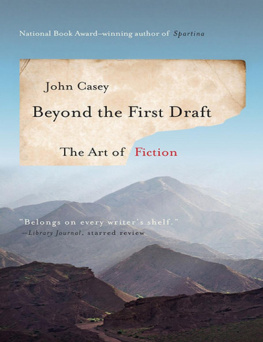
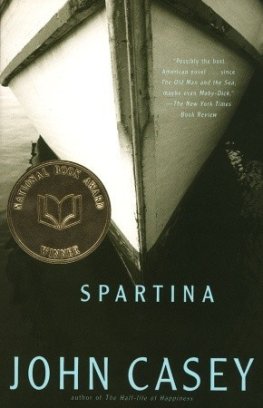

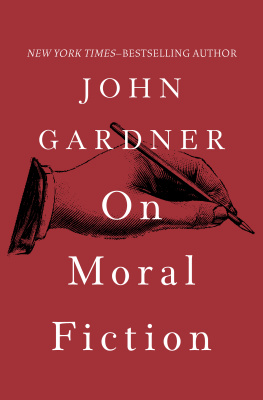

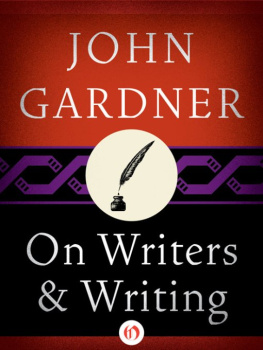

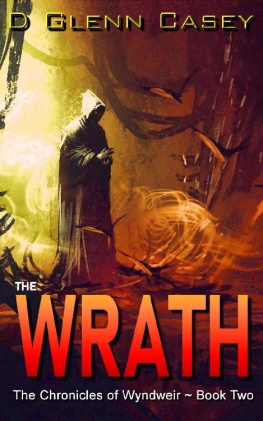
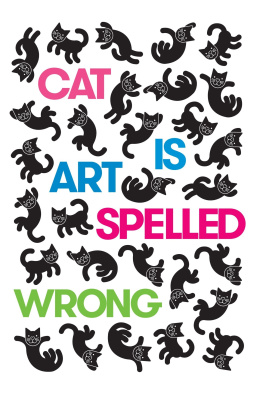
 W. W. Norton & Company NEW YORK | LONDON
W. W. Norton & Company NEW YORK | LONDON